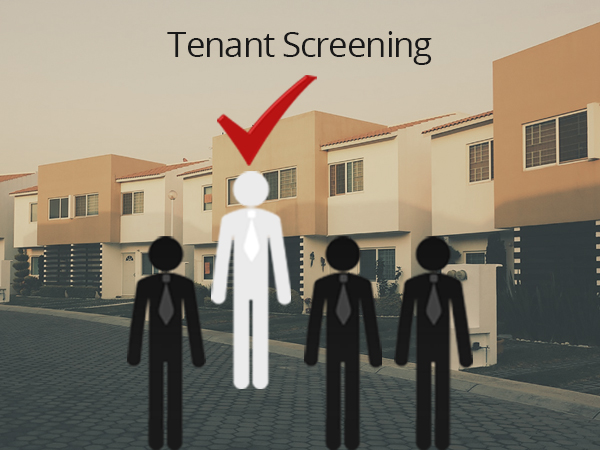Factors affecting Rental Property Cash Flow
Rental Property Cash Flow (RPCF) is the money that is moving in and out when you are managing and maintaining your property. As a Property Management Company, offering Property Management Services in Chennai, RPCF is a factor that we have to pay attention.
The RPCF (Rental Property Cash Flow) is affected by the following factors:
1. Property is Vacant
Vacant properties put a biggest dent in the cash flow for the owner. The longer the property is vacant, the greater the loss. Property being vacant for a month or two is understandable but for more than a couple of months will have a significant effect on the RPCF. Excess funds have to be pumped in to compensate the reduction of cash flow for the vacant period.
2. Delayed Rental Payment / Missed Rental Payment
When there is a delay in the monthly rent payment, it is like a hiccup which will eventually stop. Though the payment will come in, there is a hold up and the finances need to be adjusted to meet the gap.
When there is a month where the tenant does not pay the rent for the entire month, and he offers to pay it the next month together, though the money will eventually come (or will be adjusted in the Security Deposit), the RPCF is affected.
3. Maintenance and Repair Cost
The cost for the maintenance and repairs are not consistent and when they occur they reduce the cash flow. There will be moments when the cost will be high and other times when the cost of repairs and maintenance will be negligible. It will always be wise to have an amount set aside for any unexpected repairs and maintenance.
4. Reduction in Rent
There could be a possibility when there are other properties available for lesser rent or some change in the job availability in the location or people moving away from the area or scarcity of water or any other factor that will reduce the rent. The tenant if he has an option, he will move to a place with reduced rent. If he moves to a place with reduced rent, then the vacancy will produce a dent in the cash flow and the other way around the cash flow is reduced.
The other costs that reduce the cash flow are the expenses like the brokerage fees, property management fees, taxes, insurance costs and other hidden costs.
Considering the loan EMI remaining constant and the other financial commitments are either constant or on the increasing end. The ideal situation for Property Owners is a consistent cash flow for most of the months. There are some precautions that can be taken to minimise the reduction in RPCF.
(i) Find a tenant during the notice period.
(ii) Keep the tenants happy so that they may refer some good tenant when they leave.
(iii) Plan to rent out with Lease Agreement for longer periods with increase in rent after regular intervals.
(iv) Screen the Tenant so that there are no delayed or missed payments.
(v) Select properties that are well constructed and the price will increase over a period of time.















